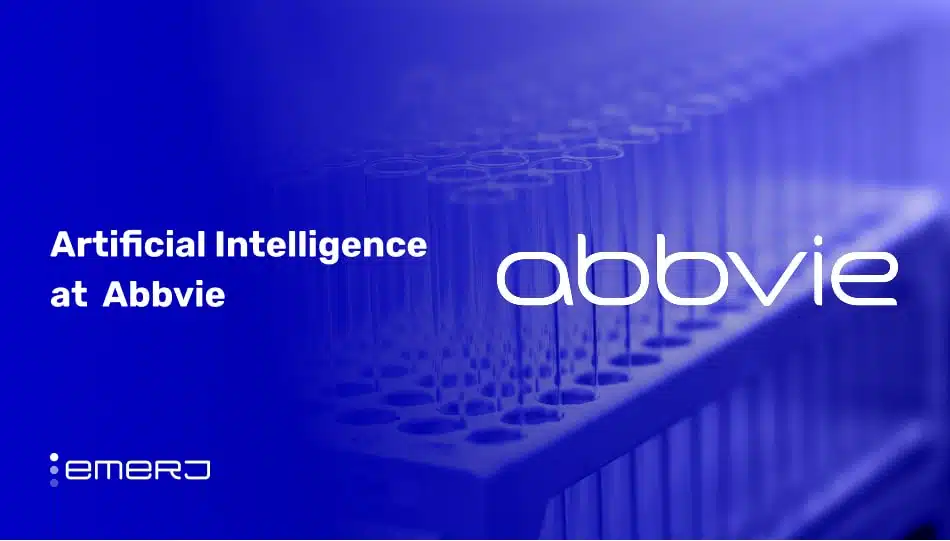The future has a way of sneaking up on us. Part of the reason for this is the accelerating pace at which new technologies are developed, as predicted by Moore’s Law. But another reason for this is that before a technology gains mass market acceptance, chances are that is has gone through an extensive research phase and many failed iterations. Consider Google Glass. Even though the consumer edition of Glass won’t hit the market until next year, the device is already making waves.
However, it’s not the technological waves that Glass is making that are of particular interest, but the ethical waves. Speculation that Google Glass will “strip away all of our privacy rights” seems rampant, with businesses preemptively moving to ban Glass in their establishments. Certainly, Glass does have distinct ethical implications, particularly in the area of the ethics surrounding information. What is troubling is how utterly unprepared the market seems to be for the ethical implications of augmented reality devices like Glass. The fact is, surprisingly enough, the technology that underlies Glass has been around over a decade.
A similar situation is present with genomic medicine. It’s been 14 years since Craig Venter and Dr. Francis Collins mapped the human genome, and for the most part, genomic medicine has had little impact on the general public. However, recent advances have led Venter to declare that genomic medicine is “on the threshold of delivering results.” And here again, genomic medicine has stunning ethical implications. The collection and utilization of genomic information raises a number of privacy concerns. And, once again, it seems that the general public is utterly unprepared for the ethical questions that this emerging technology raises.
It’s not an isolated phenomena.
It’s a broad-sweeping predilection across all technology niches and markets. The MIT Technology Review recently published an article titled “Laws and Ethics Can’t Keep Pace with Technology” that examined this trend. At the most basic level, the issue at hand is the fact that our laws and ethics have taken centuries to develop, proceeding in a more or less linear fashion. Technology, on the other hand, has been following an exponential growth curve, outpacing our social conscience.
Technologies like genomic medicine, artificial intelligence, augmented reality and brain-machine interfaces are revolutionizing the world we live in at a rate that our current legal and ethical framework cannot hope to keep up with. Even laws that are passed to address new technology have been almost entirely reactive as opposed to proactive, leading the author of the MIT article to state, “The problem is that the human mind itself can’t keep pace with the advances that computers are enabling.”
Isn’t the human mind fueling these technological advances? Despite advances in AI and swarm robotics, our technology isn’t self-developing, it’s fueled and guided by scientists, researchers, and innovators. It’s impossible for invention and innovation to occur in a vacuum.
So the problem isn’t the human mind, but our cultural focus.
Last year, The Daily Beast declared a degree in philosophy and religious studies to be among “The 13 Most Useless Majors.” Also included in that list were History, English Literature, Journalism, Anthropology and Political Science. At the same time, nursing, mechanical engineering and computer science are listed among “The 13 Most Useful College Majors.” It has been suggested that in order for Humanities programs to survive, they need to demonstrate that they can generate “value.” Arguments about the inherent value of philosophical and ethical education just can’t compete in a system that has undergone a conceptual shift towards the view that the sole purpose of college is job preparation and vocational training. These are both undoubtedly crucial, especially given the current competition in the job market.
Unfortunately, it’s that same focus and our societal emphasis on practical areas of study and consequent disdain for the “soft sciences” that may well be fueling these growing ethical crises, leaving us more and more unprepared. Essentially, the “most useless” areas of study are the very fields best suited, if not obligatory, to examine the very ethical and philosophical issues that continue to arise.
Consider stem cell research – at one time, the only stem cells thought to be useful for certain kinds of advanced research were embryonic. For obvious reasons, there were objections to harvesting those stem cells, especially from religious circles. Confronting the ethics of embryonic stem cells meant developing methods to induce pluripotent stem cells from somatic stem cells that normally only maintain and heal the body. These induced pluripotent stem cells have allowed biomedical engineers to advance regenerative medicine, including developing a process to take “ghost” organs (i.e., organs washed of their genetic material) or perhaps even 3D printed organs and “reprogram” them for a specific transplant patient.
If ethical and philosophical educations must demonstrate their value, I would suggest that never in the course of human history have they ever been more crucial. Should we continue to neglect them, we face the possibility of societal backlash against otherwise vital developments. In order to maintain our current pace of technological development, indeed, to continue advancing at all, we must be prepared to meet the ethical questions our technologies will inevitably impose upon us.



















